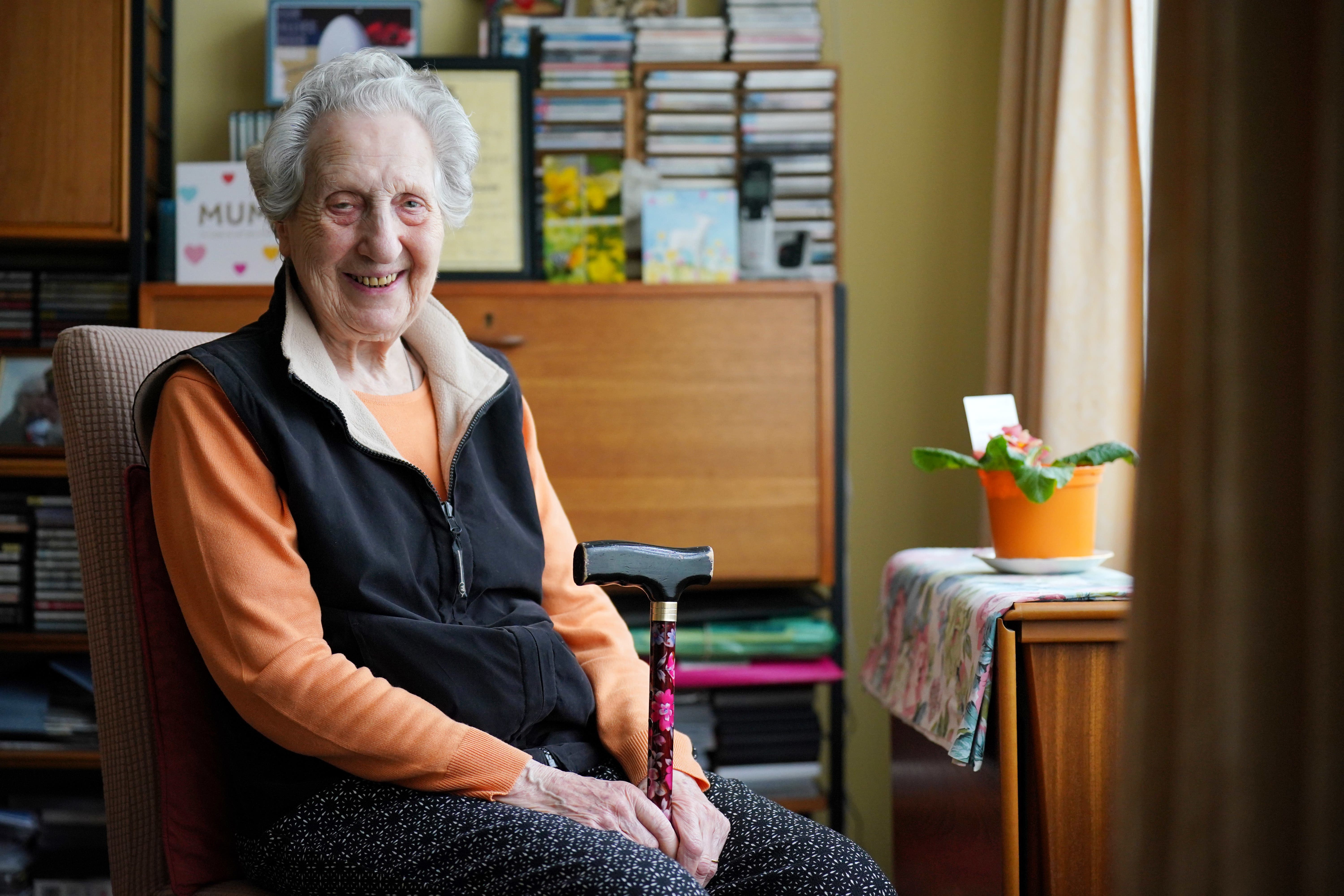D-Day radio operator will ‘never forget’ the sounds of gunfire and screaming
Marie Scott, 97, served in the Women’s Royal Naval Service and relayed messages to and from her station in Portsmouth and the beaches in Normandy.

A Second World War veteran who operated a radio on D-Day said she will never forget the “horrific” sounds of gunfire, bombs and screaming.
Marie Scott, 97, served in the Women’s Royal Naval Service (WRNS) and relayed messages to and from her station at Fort Southwick in Portsmouth and the beaches in Normandy.
Ms Scott, who lives near Kingston-upon-Thames in Surrey, originally joined the WRNS as a switchboard operator but was trained to use a radio two months before D-Day at just 17 years old.
The radio was a “simple machine” with levers that operated a one-way system meaning only one person could speak at a time, the veteran said.
I could hear rapid machine gun fire, heavier cannon fire, bombs dropping, men shouting orders, men screaming - it was horrifying
Ms Scott described being shocked at what she heard the first time she used a radio to speak to a signaller on the frontline.
She told the PA news agency: “When I lifted my lever to talk to the recipient at the other end, I had the shock of my life because when he lifted his lever to respond, I was in the middle of the war.
“I could hear rapid machine gun fire, heavier cannon fire, bombs dropping, men shouting orders, men screaming – it was horrifying.
“It was war, and it was coming through my headphones.”
When asked how she felt about the 80th anniversary of D-Day, Ms Scott said: “I don’t know, I have very mixed emotions about it.
“I am more than a little proud of what we did then, but not many people know about it and the children of this country certainly know nothing about World War Two which I think is sad because it was an important war.
“I think war is horrifying and we should only ever go to war when totally justified and that war was – we had to go to war.”
Speaking at a Buckingham Palace garden party for beneficiaries of The Not Forgotten Association, where she told the Princess Royal of her service, Ms Scott told PA: “The horrors of war are with you for a lifetime and those sounds will certainly be lingering with me until the end.
“I shall never forget that.
“I was operating deep in the tunnels, deeply underground, very safe and I was talking to men, signallers of course, who were facing a barrage of machine gun fire or whatever, so it was a very distinctive interview and one that I shall never ever forget.”